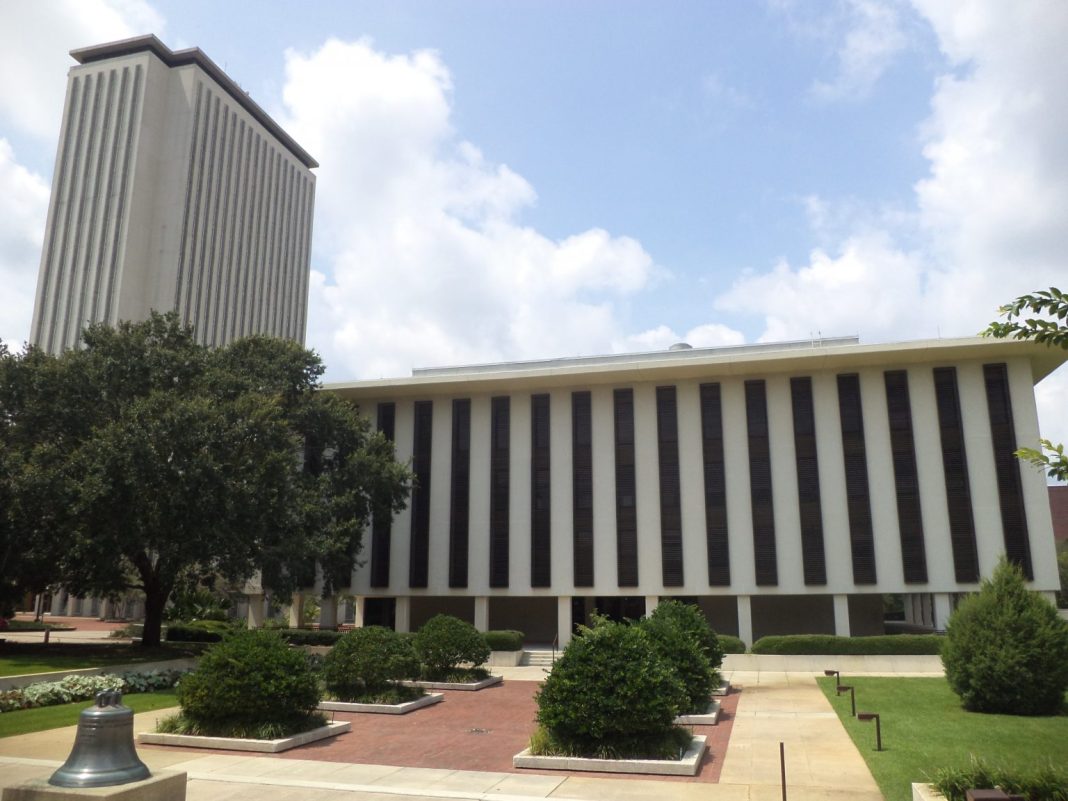Florida’s universities hold some of the highest rankings in the country, leaving enrollment at these schools in high demand for upcoming college students. However, the recently proposed Florida House Bill 999 challenges the future integrity of these institutions’ high standings and questions the direction that Gov. DeSantis is moving in – not only the political climate of Florida but also its education system.
H.B. 999 bans Florida state colleges and universities from using funds to promote any program or activity that embraces diversity and equity among its students.
The bill states, “provide direction to each constituent university to remove from its programs any major or minor that is based on… methodology associated with Critical Theory, including, but not limited to, Critical Race Theory, Critical Race Studies, Critical Ethnic Studies, Radical Feminist Theory, Radical Gender Theory, Queer Theory, Critical Social Justice, or Intersectionality…”
Many of the organizations that have the potential to be removed from campuses include National Panhellenic Council (NPHC) organizations, Latinx organizations, Jewish Studies programs, Feminist Theory programs, Gender Studies programs, and centers and programs for Black students, Latinx students, Asian and AAPI students, and LGBTQ+ students.
“This is not only about Florida,” the American Historical Association told CBS. “It is about the heart and soul of public higher education in the United States and about the role of history, historians, and historical thinking in the lives of the next generation of Americans.”
Gov. DeSantis has recently implemented many initiatives in the Florida community regarding diversity, equity, and inclusion, like the No Say Gay Bill, Stop Woke Act, and more, which has impacted targeted groups throughout Florida.
Even though UM is located in Florida, private institutions are not subject to these changes, as such colleges are not government entities and are protected under the First Amendment from laws and regulations that are state-based.
“I believe that with us being a private institution, we don’t necessarily have too much to worry about,” Justus Johnson, a senior majoring in broadcast journalism and vice president of the National Pan-Hellenic Council, said. “But this is going to be a bill that will essentially lay the foundation for things that can unfold at all institutions across the country, I believe.”
Taking away these programs and organizations for students would damage those who continue to fight to have a stronger community on campus, which would not be possible without these groups.
“Organizations such as NPHC were founded in the 1930s by Black college students during the time when they felt a lack of support for students on campus and in their communities,” Ashanti Tate, a Nursing major and president of NPHC, said. “These groups are a safe haven to support one another, as well as impact change back in their own communities.”
Johnson discussed that although UM has protections as a private institution, the government still has the power to make further efforts in trying to manipulate what these private colleges are executing in terms of diversity, equity, and multicultural groups.
Regardless of the protections of private colleges and universities, students and community members feel impacted by any changes in colleges across Florida and advocate for the dangers of the bill, not only for Florida but other states as well.
“The broad language of the bill makes its potential quite dangerous and could limit the learning that college students deserve,” Kayla Singer, a freshman broadcast journalism major, said. “For a state that so heavily stresses the importance of freedom, this bill misses the mark.”
DeSantis has not yet announced if he would sign the bill in its current structure, but the anticipation to see if it will be signed on May 5.







